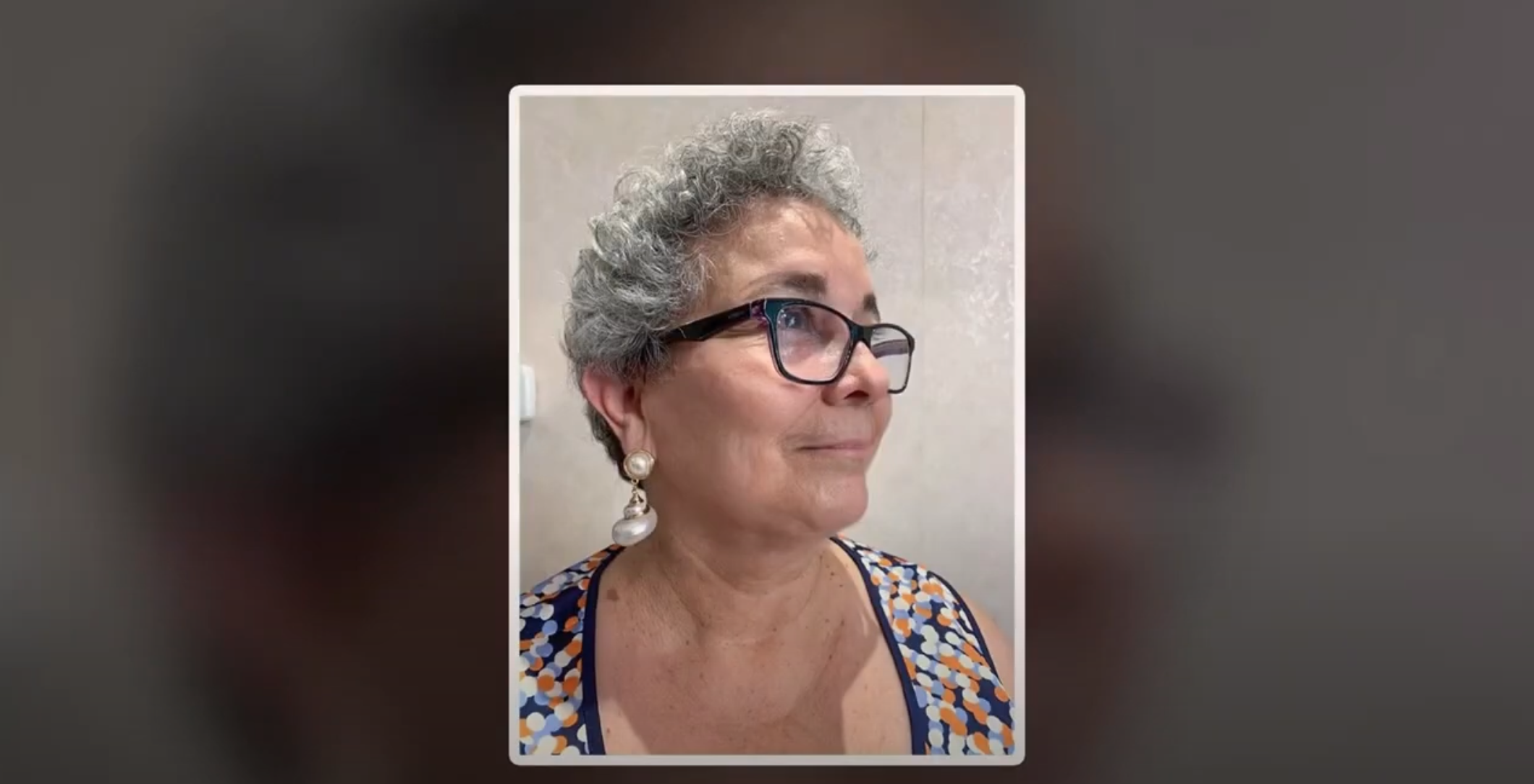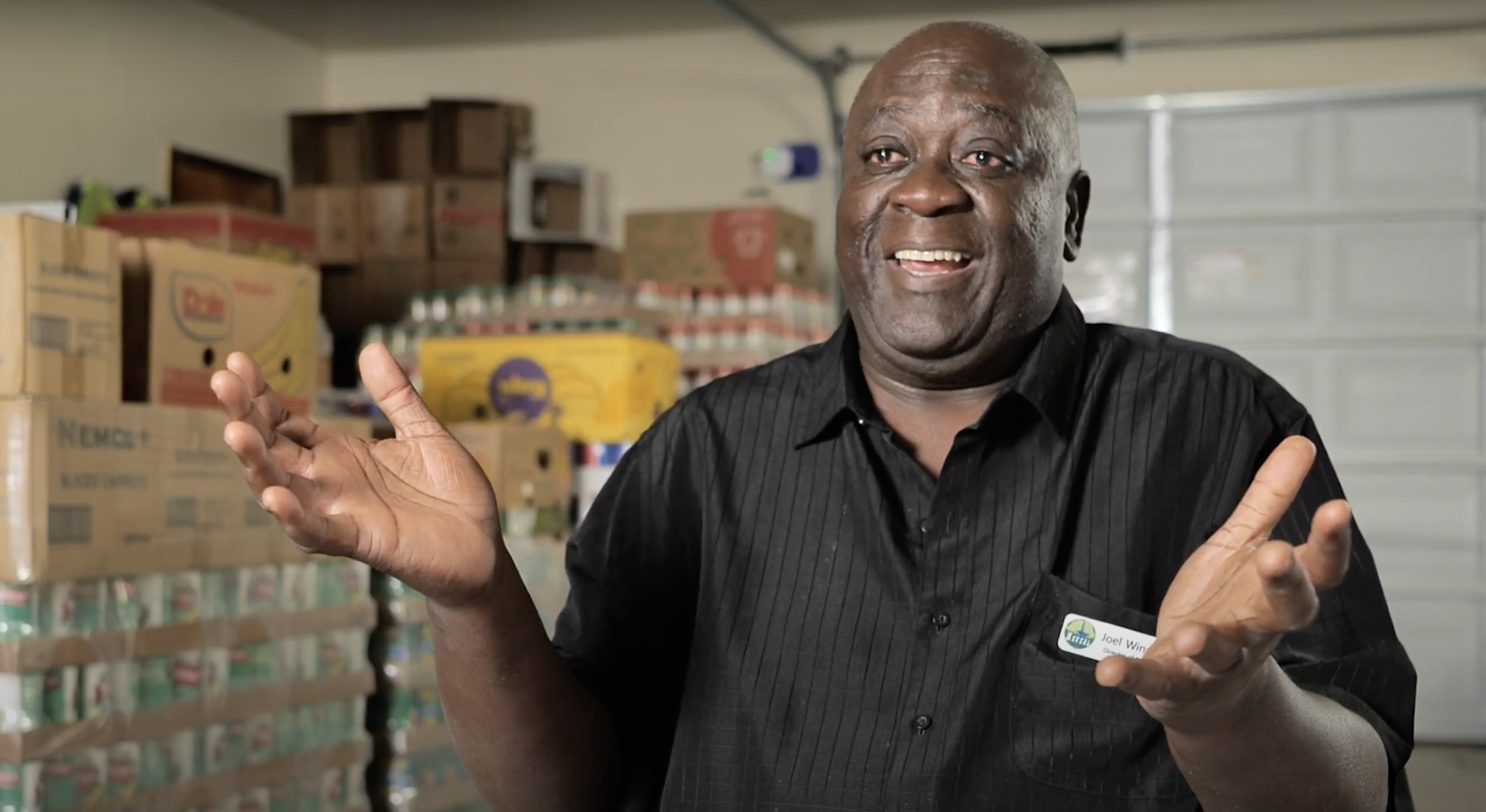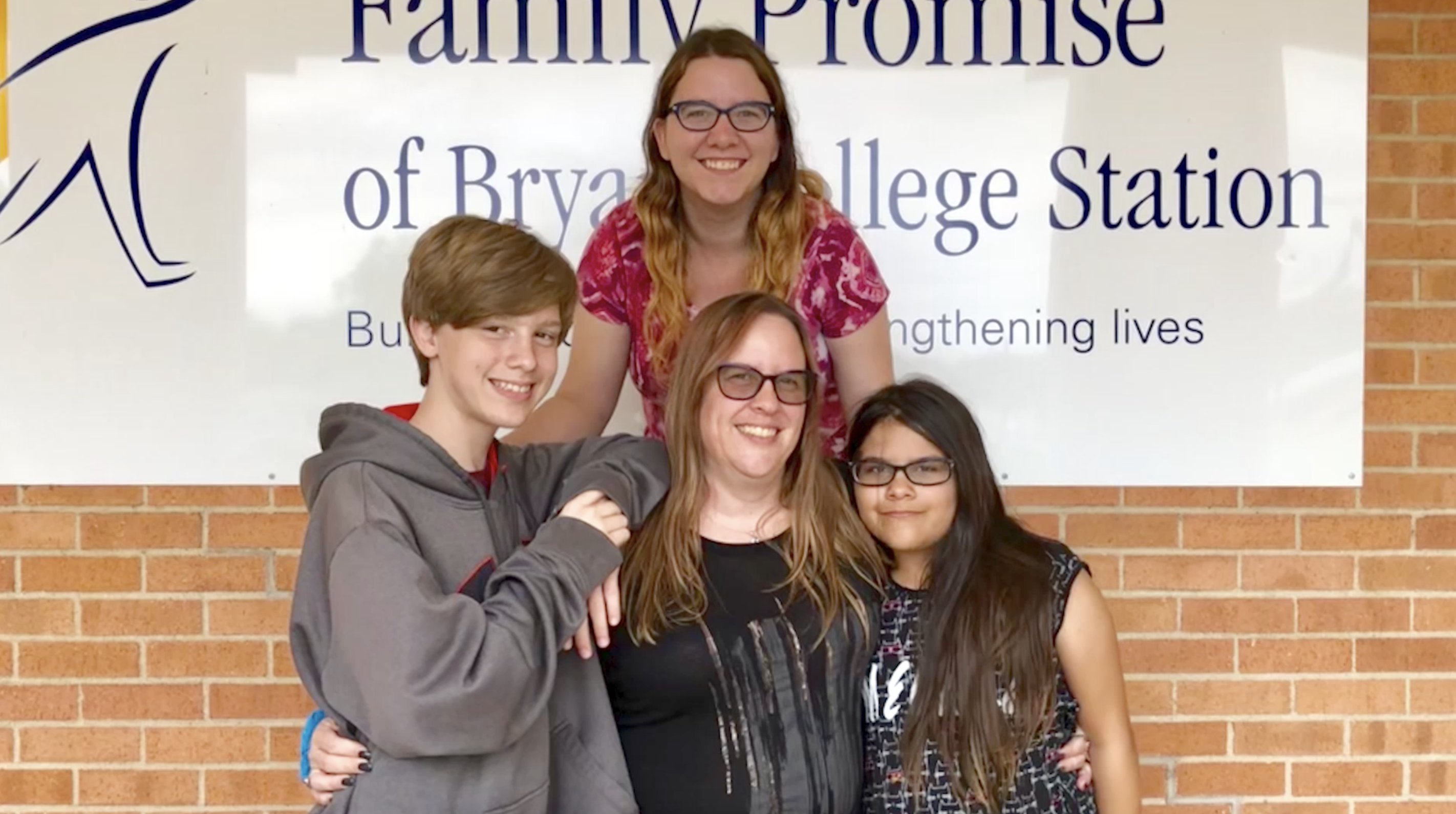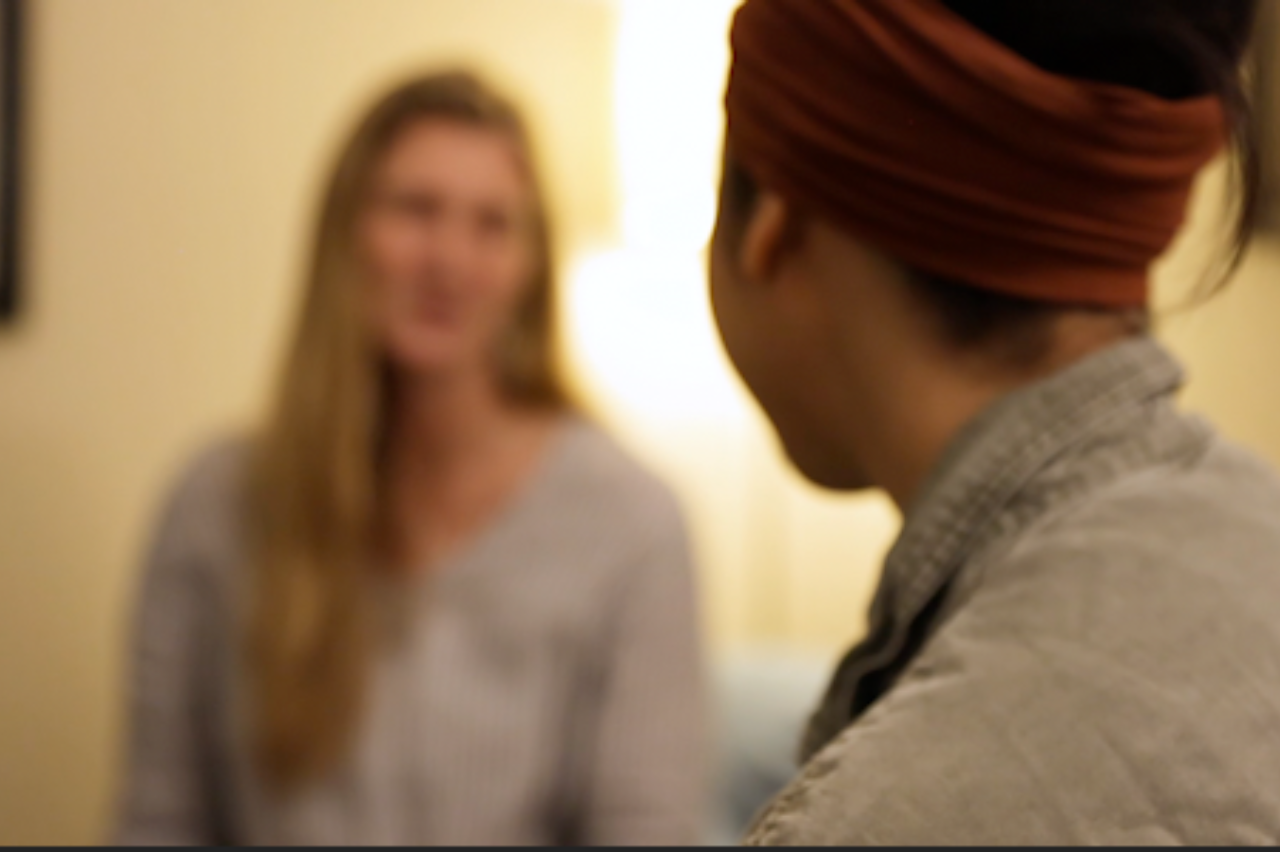“I tell people that a Buddhist monk led me to Christ,” says Nick Batik as he acknowledges the irony in his comment.
Nick grew up in a scientific home with mixed religious heritage. His father, a chemist, was Jewish, and his mother was a Southern Baptist. His parents “compromised” by having the family attend a Methodist church. Nick attended a religious school, although religion was never stressed as part of his normal family life. At an early age in the 1960s, he was appalled by the hypocrisy and racism he encountered in one of the churches he attended. “If these were God’s representatives, and He didn’t strike them dead, then obviously God didn't exist. I wanted nothing to do with them,” Nick reflects. “From that point on, I only believed in science.”
Emboldened by his atheism, Nick was eager to debate Christianity with anyone he could. In college, someone on campus approached him to ask him if he knew Jesus. “No, I have given up on all that,” Nick said. When Nick asked him what he believed, the college student responded, “I don’t have to read the Bible to believe. I just know God.” The response reinforced Nick’s impression that people who claim to be Christians don’t know what they actually believe.
During another semester, Nick had a physics professor who was a Christian. “Game on,” he thought. However, when his professor was able to answer all his objections with responses from the Bible, Nick discovered that there were some Christians who actually knew the Bible they professed to believe. His professor invited him to his church, and Nick accepted. He was amazed to find all sorts of Christians talking in the lobby after the service about the day’s current events and relating them to Scripture. While the church visit didn’t move Nick from his atheistic worldview, it was notable enough for him to bookmark and file away.
After college, Nick moved to Boulder, Colorado and got a job in computer technology where he found himself surrounded by fellow atheists. No one in his workplace challenged his beliefs. But his spiritual journey would soon take a turn.
Kung Fu was a show on TV when Nick was growing up, and he decided to pursue the martial art. His teacher told him that before he taught him Kung
Fu, he must learn the philosophy behind it. One day his teacher, a Buddhist monk, said, “There’s someone I want you to meet.” That’s when Nick met the Dalai Lama during his visit to the Naropa Institute.
After giving a lecture, the Dalai Lama opened the floor up for questions. One man asked, “How do I become a monk?” The Dalai Lama responded, “It's very easy to become a monk. But not so easy to stay a monk. As soon as you know how you will stay a monk, then you will know how to become one.”
This comment left Nick thinking how drastically different this was from the attempts at conversion he had experienced from Christians who wanted to “witness you to Christ, get you to say a confession, check a box, then ignore you after that.”
At the same time, the Dalai Lama’s challenge also caused him to reflect. If Buddhist monks have the same challenges holding to the standards of their beliefs, then Christians are not alone in being imperfect representatives of their faith. Nick found his criticisms of Christianity tested. This experience led him to consider the claims of the Christian faith on their own merit apart from the behavior of those who claimed to be Christians.
With this new openness of mind, Nick continued to investigate things like the origin of the universe and evolution. He found it inconsistent when those who entertained the idea that the universe could be eternal would dismiss the idea of an eternal creator out of hand. “The more I read, the more I studied,” Nick relates, “the more I kept coming across little things that didn’t fit the standard scientific narrative.”
Meanwhile, Nick fell in love with and married Sandi. He was impressed by the way she consistently lived out her Christian faith, not just when it was convenient. Nick filed away her sincere belief as another data point to consider.
Decades later would come one of the most dramatic times of his life when Nick experienced what he could only describe as a series of miracles.
In 2002, Nick’s father had a series of strokes and required basic care. Nick took care of him until he passed away five years later. But during that time, disagreements about his father’s care caused a rift to form between Nick and his sisters.
With a fractured family, Nick and Sandi moved from Colorado to Austin. When his mother’s rheumatoid arthritis made it difficult for her to care for herself, they brought her down to Austin to live with them for her remaining
years. Contemplating the end of life, his mother had grown disgusted by what she saw as feigned grief at funerals by people who had not bothered to speak to each other for decades. She asked Nick to promise that when she was dying, he wouldn’t tell anyone unless they had been an active part of her life in the recent past. Nick acquiesced to his mother’s request.
Only after she began home hospice did it occur to him the promise he made meant he couldn’t tell his siblings, with whom she had also become distant, that their mother was dying. The tension grew for Nick as his mother inched closer to death. “What do we do? I mean, we promised,” Nick remembers thinking, “and I hadn’t reached any kind of answer.”
Just one day before she passed there was a knock on his door. His sister, a physician in Seattle, showed up on the doorstep of his house in Austin with a bag of breakfast tacos. Explaining her unexpected arrival, “For the first time in…ever…I had no patients today,” she told him. “So, I thought I would fly down here to see Mom.” Nick stressed to her just how lucky it was that she had shown up. When he shared the anguish he felt about the promise he had made to his mom, his sister quipped, “Well, I didn’t make that promise.” She called their other sister, who flew down as soon as she could.
Before they knew it, all his formerly estranged siblings were around their mother’s bed when she drew her last breath.
But that was not the last coincidence that Nick noticed. Within 30 minutes of his mother’s passing, Nick’s son from Iowa, as well as their long-time friends from Holland, each called the house wondering if something had happened. Then only a couple hours later, his mother’s Bible study friend called saying, “Chris has passed, hasn’t she?”
These flukes were too much for Nick, still a Buddhist, to ignore. They both recognized they needed spiritual support. Sandi had drifted from her church, and Nick recalls, “I wasn’t finding solace in Buddhism.”
They decided to attend a Bible believing church, where Nick had been teaching mid-week computer classes. When the church service opened with “Amazing Grace,” the same song his mother had been listening to on repeat on her deathbed, Nick and Sandi were overcome with emotion. “We were just standing there, crying like babies.” Nick and Sandi continued to attend the church as Nick continued to explore and consider the claims of the Bible and the gospel.
After years of attending church with his wife, all these bookmarks from his life, these little data points and “coincidences” brought Nick to a place where
he came to recognize that he had placed his faith in Christ. “Everything was a tiny move over the course of many, many, many years.” At some point, Nick recognized that his beliefs had changed, and after three years of attending church, he publicly professed his faith in Jesus by getting baptized.
“There are probably other people out there who have never had that deeply emotional conversion moment,” Nick shares, “who may feel like maybe they didn't really convert because it wasn't such an emotional thing.” That doesn’t mean that their faith in Christ is any less real. It may take time. Nick submits, “God can move you there by millimeters.”








